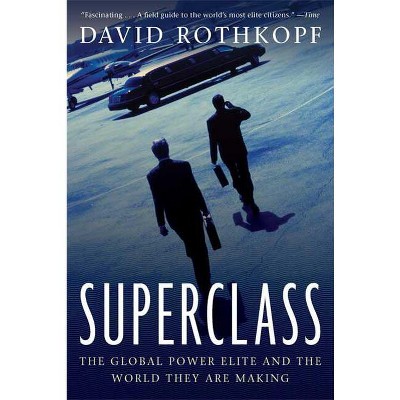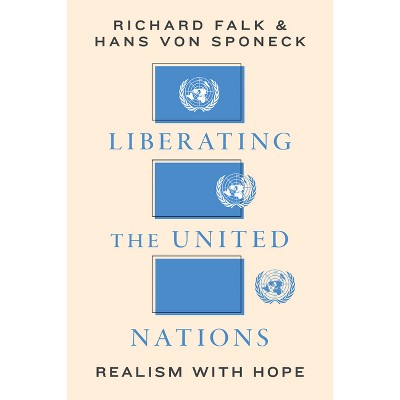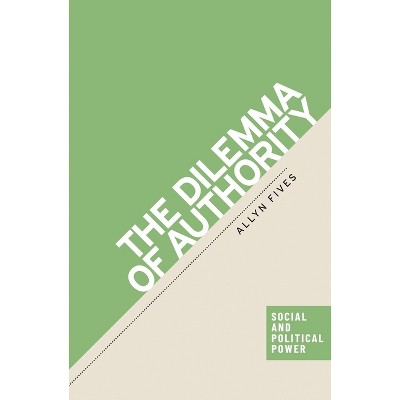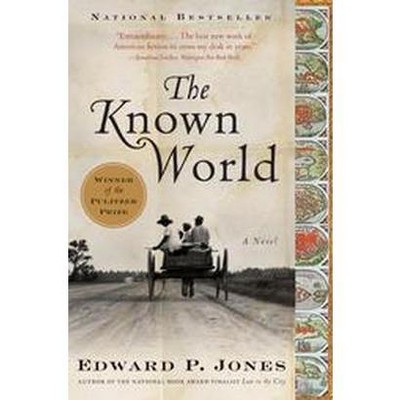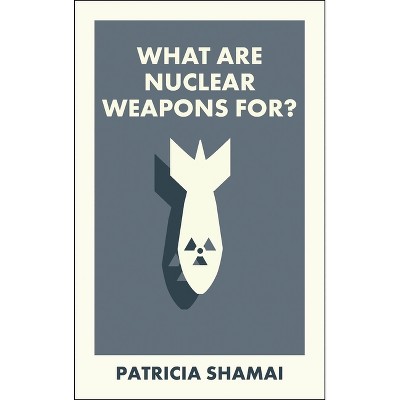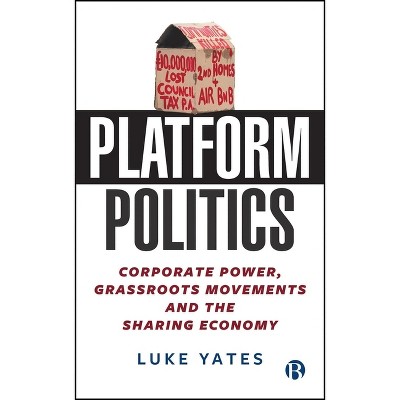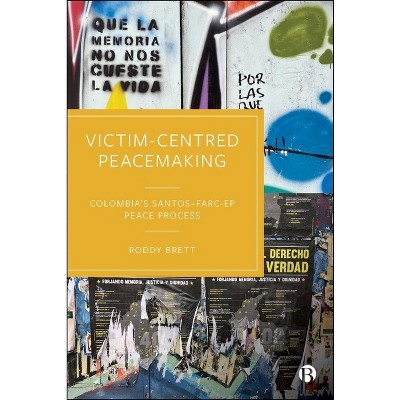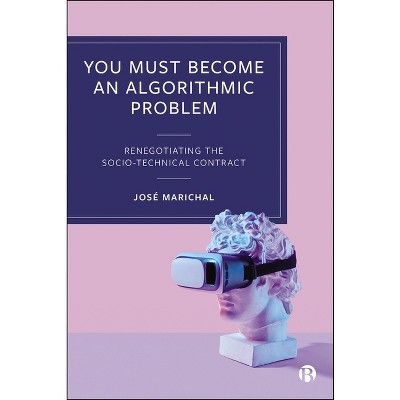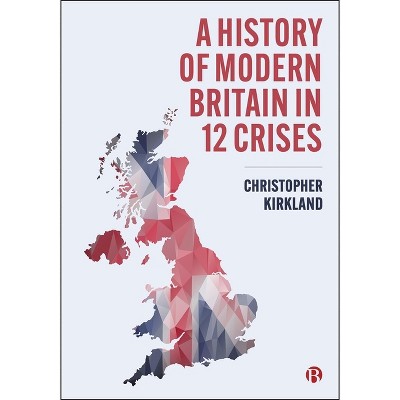Sponsored

Nuclear Arms Control in Peril - by Thomas D Grant (Hardcover)
In Stock
Sponsored
About this item
Highlights
- In this book, a former US Department of State senior arms control official critically analyses two pivotal nuclear arms control treaties: the established Treaty on the Non-Proliferation of Nuclear Weapons (NPT) and the rising Treaty on the Prohibition of Nuclear Weapons (TPNW).
- About the Author: Thomas D. Grant is a Fellow at the Lauterpacht Centre for International Law, University of Cambridge.
- 176 Pages
- Political Science, Security (National & International)
Description
Book Synopsis
In this book, a former US Department of State senior arms control official critically analyses two pivotal nuclear arms control treaties: the established Treaty on the Non-Proliferation of Nuclear Weapons (NPT) and the rising Treaty on the Prohibition of Nuclear Weapons (TPNW).
The book offers a concise and critical analysis of the two, illuminating both their strengths and shortcomings. The author acknowledges the idealistic goal of the TPNW but argues that its immediate abolitionist stance lacks a roadmap for achievement. Instead, the book advocates realistic progress within the NPT framework. It provides twelve key negotiation topics for fostering meaningful dialogue among nuclear-weapon states, while emphasizing the urgency of concrete action in a world facing growing nuclear threats.
Review Quotes
"Dr Grant makes a well-informed, compelling and urgent case for reviving the NPT, the only viable multilateral route for nuclear arms control." Lord Verdirame, KC
"Tom Grant presents well-researched arguments to bring nuclear weapons control into the 21st century. He underscores the peril we face with good case studies and invaluable questions for practitioners to ponder. This short and readable book exposes what's at stake for us all." Peter Shannon, Retired Ambassador and former Permanent Representative to the IAEA and Board Governor
"This timely book should be a wake-up call to policymakers contemplating today's contested geopolitical environment. In an era in which anxiety has returned about failures of deterrence and the nuclear dimension of great power competition, Thomas D. Grant has produced a clarion call for a return to arms control through the diplomacy of non-proliferation." John Bew, King's College London
"Even as the risks of global nuclear conflict and proliferation in East Asia and the Middle East surge, attention to arms control languishes. Thomas Grant peers into the likely future of arms control and makes a fresh, powerful, and persuasive case for reviving the Non-Proliferation Treaty, arguing against both the heedless neglect of arms control and recklessly utopian disarmament." Michael A. Reynolds, Princeton University
About the Author
Thomas D. Grant is a Fellow at the Lauterpacht Centre for International Law, University of Cambridge.Shipping details
Return details
Trending Non-Fiction


